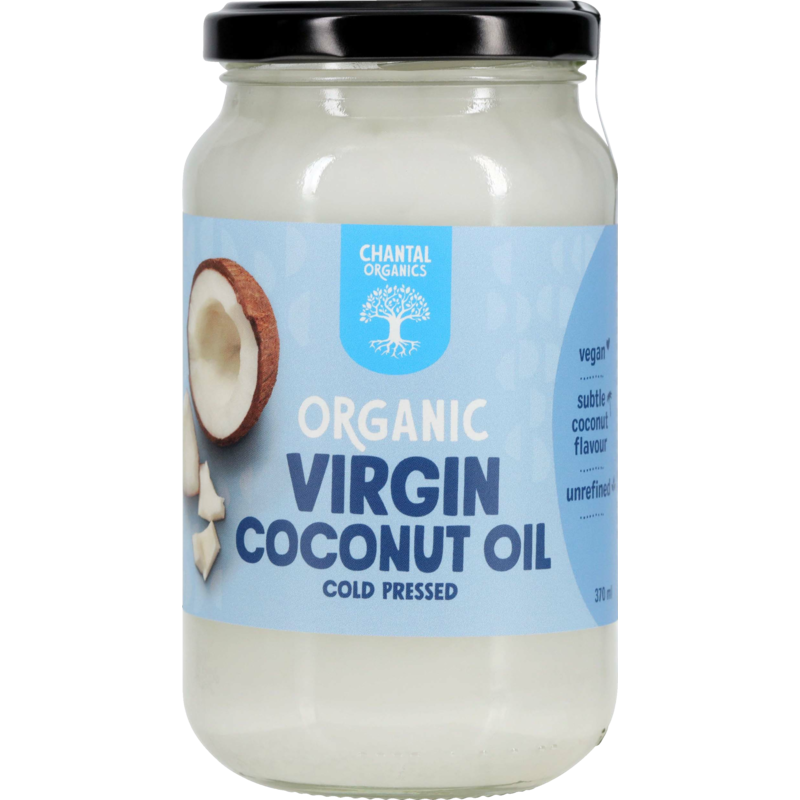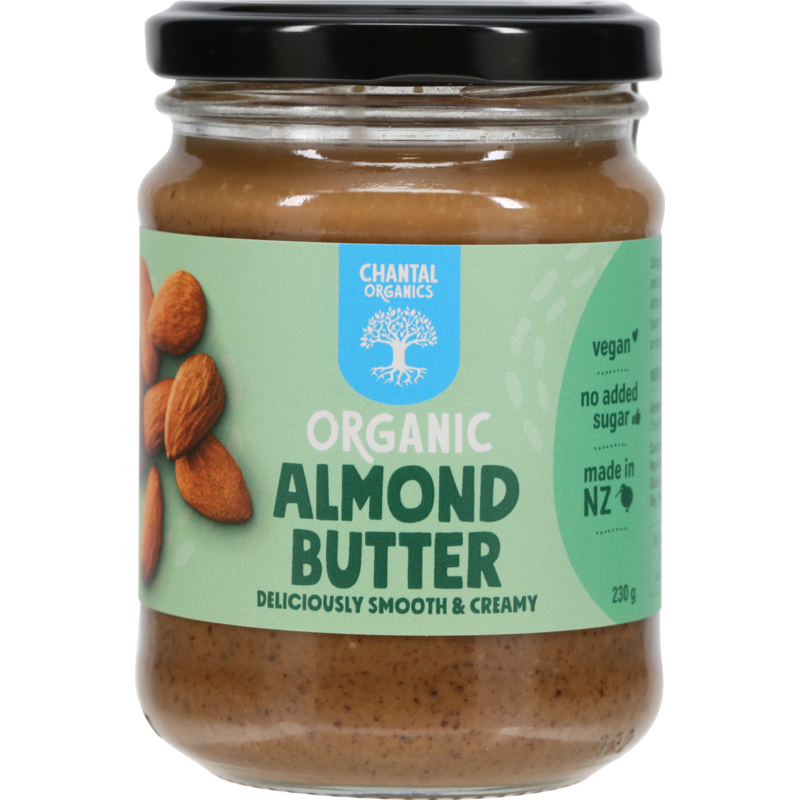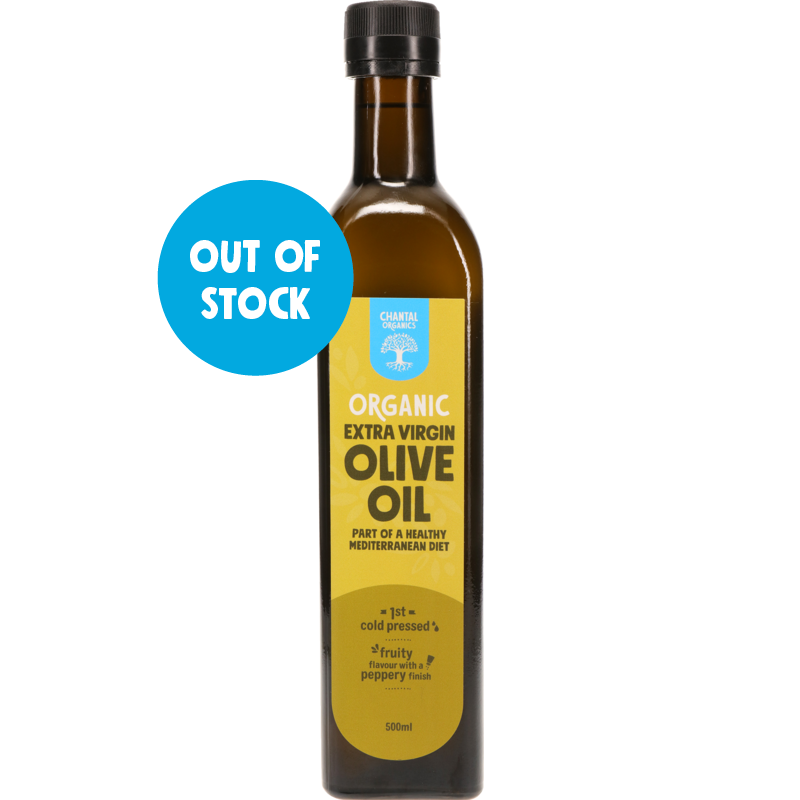
A low carbohydrate, high fat diet plan that can support weight loss and increased energy levels.
With claims like this, it’s no wonder the Keto diet has become so popular. But how does this work and is it safe? Let’s look closer into the particulars of this eating regime and find out if it might be suitable for you.
What is the Ketogenic Diet?
Commonly known as the keto diet, it’s a simple eating plan that focuses on foods that provide a lot of healthy fats, adequate amounts of protein and low amounts of carbohydrates. The fundamental concept is to change the body’s primary fuel source from glucose to fat by drastically reducing carbohydrate intake and replacing it with fat. The reduction in carbs forces the body into a metabolic state called ketosis, where blood sugar levels drop, and the body breaks down fat for energy. In other words, it uses the body’s own fat burning system to help people lose weight.
The standard keto diet typically contains 75% fat, 20% protein and only 5% carbs. This diet may be useful for people who are overweight, diabetic or looking to improve metabolic health, however, should only be followed under the advice of a medical professional.
Potential Benefits of the Keto Diet
While everyone’s body reacts differently to foods and diets, the Keto diet may provide the following benefits:
- While everyone’s body reacts differently to foods and diets, the Keto diet may provide the following benefits: Initial weight loss may be seen almost immediately, which encourages people to stick with this diet.
- A decrease in hunger and feeling satiated after eating, both which supports eating less and burning more fat stores.
- Supports a shift in the body’s metabolism, moving it away from using carbohydrates and towards fat and ketones for energy.
- Supports general wellbeing by reducing consumption of inflammatory, high sugar foods and refined carbohydrates.
- It may lower blood sugar and insulin levels.
- May lower risk factors for diseases including heart disease, epilepsy and Alzheimer’s, headaches, neurotrauma, Parkinson’s disease, autism, Multiple Sclerosis and diabetes.
Foods to Include on a Keto Diet
With about 75% of the keto diet being fats, it’s essential to include healthy fats such as avocados, olive oil, coconut oil, grass-fed butter, organic sustainably sourced palm oil, and some nuts and seeds.
Vegetables are still very important, with a focus on non-sweet, non-starchy vegetables including broccoli and other cruciferous veggies, all types of leafy greens, asparagus, cucumber, and courgettes. Fruits are still included, but lower sugar content fruits such as tomatoes, berries, lemons and rock melon.
Moderate amounts of protein are required, including organic meat and poultry, free range eggs, bone broth, fish and organ meats.
A Keto-friendly Pantry
It’s important to keep healthy, keto-friendly foods on hand, as this supports good decisions. A good place to start is with keto-friendly pantry staples ready to prepare meals and snacks. Sometimes organic foods are similarly priced to non-organic options, but without chemical sprays. Chantal Organics has a range of organic pantry staples such as canned goods including coconut milk and cream, apple cider vinegar, tomatoes and spreads such as peanut butter and tahini.
Using healthy oils is essential to the Keto diet, so we recommend hemp oil, extra virgin olive oil and coconut oil. If you’re looking for a vegan source of protein & fibre (thus low in net carbs), hemp protein powder is a great sustainable option. Not sure what to do with hemp protein, try these keto-friendly bread, loaf and clusters recipes
Foods to Limit or Avoid
While carbohydrates only make up 5% of the diet, these foods will be very limited: starchy vegetables such as sweet peas, carrots, beets and any kind of potatoes; if you can tolerate dairy, full-fat dairy is recommended, such as cow and goat milk and cheese; and legumes, beans and soy goods. Foods that need to be avoided include: any type of sugar, all grains and high-carb foods such as pasta, rice, oats, quinoa, wheat and corn; alcohol and sweetened beverages and all highly processed foods such as chips, cakes, crackers and lollies.
Possible Side Effects
A keto diet is a significant change for the body, and it is common to experience some adverse side effects at the beginning, while the body adjusts. Many refer to this as the ‘keto flu’ and symptoms may include lack of energy, brain fog, sleep issues, headaches, bad breath, fatigue, moodiness, nausea and digestive discomfort.
The keto diet is also known to cause dehydration and constipation from the lack of carbohydrates which normally hold fluid in the body. So, it’s essential to drink plenty of fluids to stay well hydrated. There is also concern over cutting out a complete food group that could lead to possible nutritional deficiencies.
The ketogenic diet is very restrictive and needs to be strictly adhered to, to achieve maximum benefits, so may be better suited as a short-term diet. If you choose to try a Keto diet, it is recommended to consult with a medical professional or dietician to ensure your nutritional needs are being met.
PRODUCTS MENTIONED




